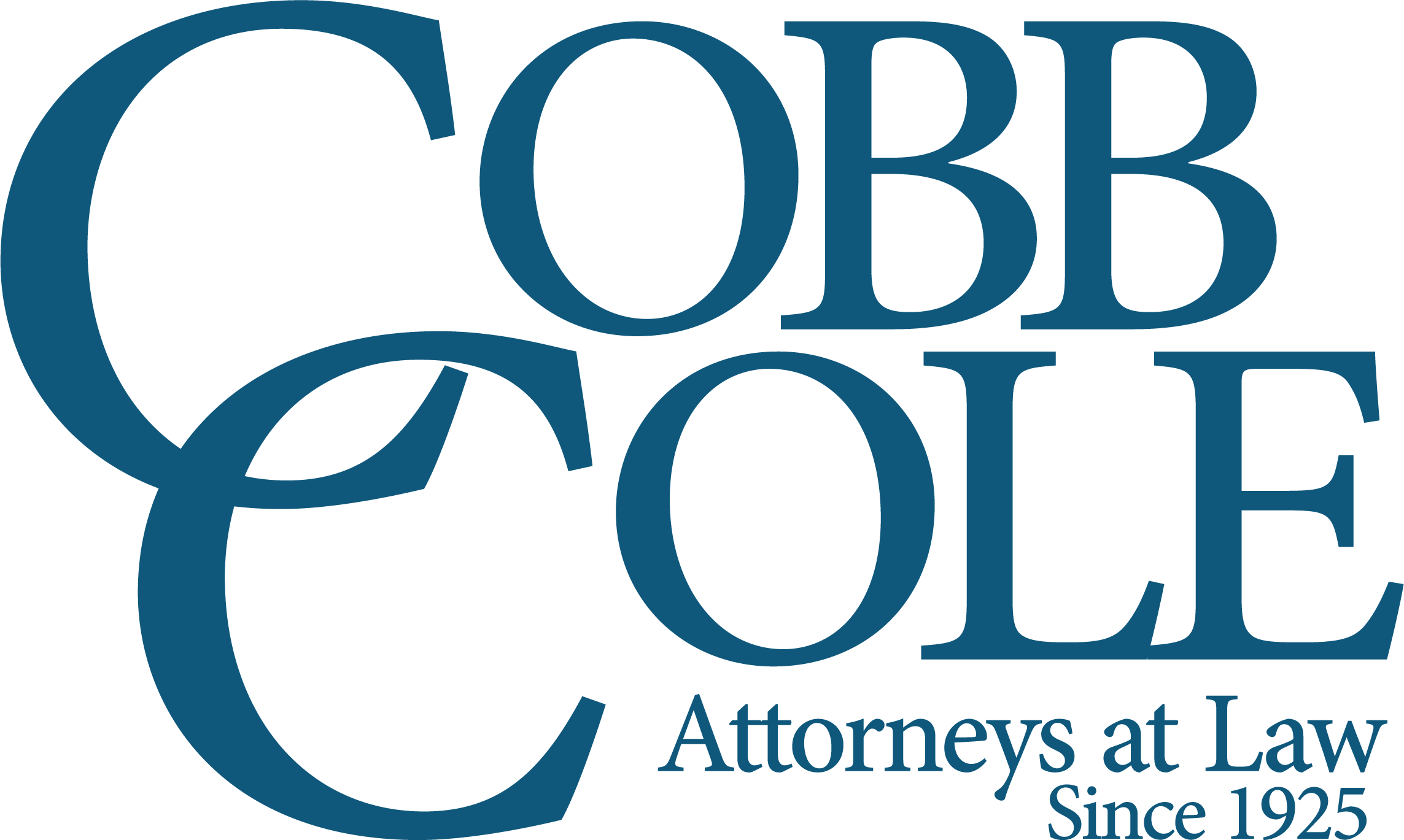Florida divorces that involve businesses, real estate portfolios, retirement plans, or equity compensation rarely track a simple checklist. Florida follows equitable distribution under Section 61.075, which means a court divides marital assets and liabilities in a way it considers fair after weighing several factors. The title on an account is not the final word. Classification, tracing, and credible valuation usually drive outcomes. Meeting with the Firm’s Family Law team early to map what is marital, what is not, and what proof you will need can help you get started.
How Florida Looks At The Property Picture
Courts first classify assets as marital or nonmarital, then pick valuation dates that fit the facts. Inheritances and gifts to one spouse often remain separate if they were not commingled. Growth on separate assets can become partly marital if one spouse’s efforts, or joint funds, fueled the increase. When companies or multiple properties are involved, judges typically expect business valuations and appraisals. Retirement division often requires a QDRO (Qualified Domestic Relations Order) so funds move without tax penalties. You may want to review the kinds of issues that tend to arise in a high net worth divorce, such as concentrated stock, carried interest, or restricted shares, because those same themes can show up even in mid-sized estates.
Preparing Your Financial File The Right Way
Good decisions follow good records. Before anyone files, assembling three years’ worth of tax returns, bank and brokerage statements, retirement summaries, option and RSU schedules, deeds and closing files, business financials, and all loan documents is often recommended.
Create an inventory with photos for art, jewelry, vehicles, and collectibles. Florida Family Law Rule 12.285 requires mandatory disclosure, so organized documents reduce cost, speed negotiations, and improve credibility. Many clients also find it useful to review practical steps for protecting assets through divorce so they can prevent avoidable mistakes.
Assets That Usually Need Special Handling
- Businesses and professional practices: You might consider a valuation that separates personal goodwill from enterprise value and explains cash flow with defensible multiples.
- Real estate portfolios: Homestead, rentals, and out-of-state property benefit from coordinated appraisals and a plan for refinancing or sale.
- Retirement and executive compensation: Vested, unvested, and contingent benefits often require different treatment. Plan rules and timing matter.
- Digital and intellectual property: Cryptocurrency, online revenue streams, and IP move quickly, so targeted discovery and clear valuation dates can help.
Alimony After Florida’s 2023 Changes
Florida eliminated permanent alimony in 2023. Courts may award temporary, bridge the gap, rehabilitative, or durational alimony, each with specific limits. Need and ability to pay still control, along with marriage length and standard of living.
Property division and support often interact, so you may want to consider how a buyout or unequal distribution might change the support analysis. This is a point where strong legal representation can help you evaluate trade-offs and draft orders that match the plan.
Why Counsel Often Changes the Outcome
High-value cases turn on details. A lawyer can help you select the valuation date, present a clear tracing analysis for premarital or inherited assets, and separate passive from active growth. Counsel also coordinates neutral or joint experts when that serves settlement, prepares you for depositions, and drafts precise QDRO language so retirement transfers occur as intended.
If a business is involved, the Firm can help maintain operations with interim stipulations while valuation proceeds. When commingling or alleged dissipation is in play, counsel can organize a concise timeline that a court can absorb quickly. You might consider engaging counsel early so these strategic choices happen on your schedule, not in a rush.
Agreements That Shape The Result
Prenuptials and postnuptials are agreements that can control asset division, classification, or distribution if they satisfy Florida requirements on disclosure and voluntariness. If you have one, you can request a focused review for enforceability and, if appropriate, negotiation with a family lawyer. If you do not, the statutory factors apply, and careful tracing becomes even more significant.
Practical Next Steps
- Make a private checklist of all accounts, properties, debts, and insurance. Keep copies in a secure location.
- Build a six-month cash flow plan that includes housing, health insurance, and tax estimates.
- List priorities in order: housing stability, business continuity, retirement security, or debt relief.
- Set a consultation with the Firm’s Family Law team to walk through classification, valuation, and support scenarios under Florida law.
Working through valuable assets in a Florida divorce calls for steady planning and clear documentation. Investing the time up front to organize records, select valuation tools that fit your facts, and retain legal representation that can move the case toward a durable, workable resolution is often a wise move.

